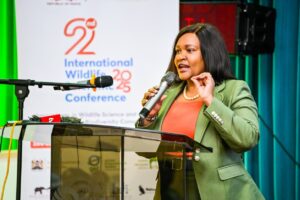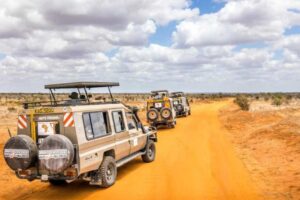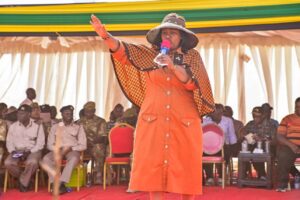[ad_1]
Doctors Without Borders (MSF) is urging the Kenyan government to consult with people living in refugee camps before closing the camps permanently.
In a news release, the medical humanitarian organization said on Wednesday that a human-centered approach would ensure that authorities understand the plight of refugees and adequately map out a more desirable future.
“While MSF supports the need for sustainable alternatives to refugee camps, our teams are extremely concerned that the voices of refugees living in the camps are not being heard,” the news release said.
Earlier this year, Kenyan authorities announced they were ready to shut down the Dadaab and Kakuma camps.
In the announcement, the Interior Ministry said there was no room for negotiation. The minister in charge gave the United Nations refugee agency UNHCR two weeks to present a road map for evacuation.
But the UNHCR said it would continue the dialogue with the East African country to ensure the protection of camp residents.
After the announcement, Peter Gichira, a lawyer and, according to The Associated Press, a former presidential aspirant, filed a case against the government’s intentions, describing them as unconstitutional.
The court agreed and suspended closure of the camps for 30 days, making it the second time a Kenyan court has prevented authorities from shutting down camps.
As the suspension period ends, MSF wants attention paid to camp residents because their lives and livelihoods are at stake.
“To reach viable and humane solutions, refugees must be included in conversations about their future and the future of the camps,” MSF stated.
Since the pandemic hit, humanitarian aid and funds to support the lives of refugees have dwindled, further worsening their plight, according to MSF.
In 2020, deteriorating conditions in the Dagahaley camp in Dadaab resulted in three suicides and 25 attempts, the group said.
When Adrian Guadarrama, deputy program manager for MSF in Kenya, visited Dagahaley in March, he reiterated the impact that an uncertain future was having on camp residents.
He underscored the importance of the refugee bill in Parliament, which, if passed, would allow refugees to “move freely, earn a living and access public services.”
Guadarrama also stressed the need for funds to expedite resettlement processes for camp dwellers.
“When the time comes for them to leave Dadaab, it must be because they freely choose to do so, and only once their dignity, health and freedom have been assured,” he said.
Dadaab and Kakuma are in the northern and eastern parts of the country, respectively, and are home to more than 410,000 people from Somalia and South Sudan. Plans to shut the camps began in 2016 when Kenyan authorities cited national security concerns arising from intelligence that suggested elements within the camps were involved in attacks on Kenya in 2013 and 2015. A high court blocked the move, calling it unconstitutional.

For Citizen TV updates
Join @citizentvke Telegram channel
Video Of The Day: Guns galore
[ad_2]
Source link












